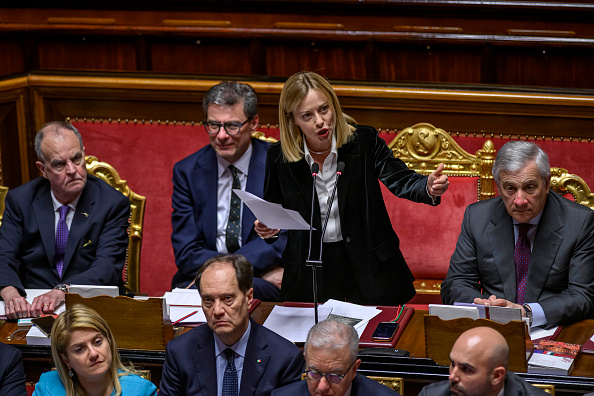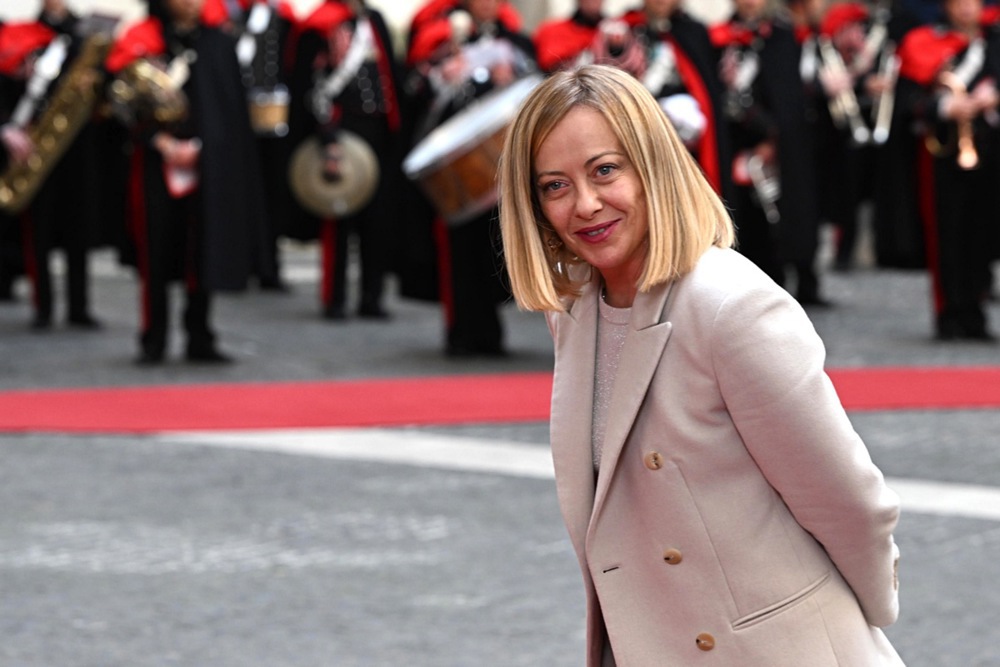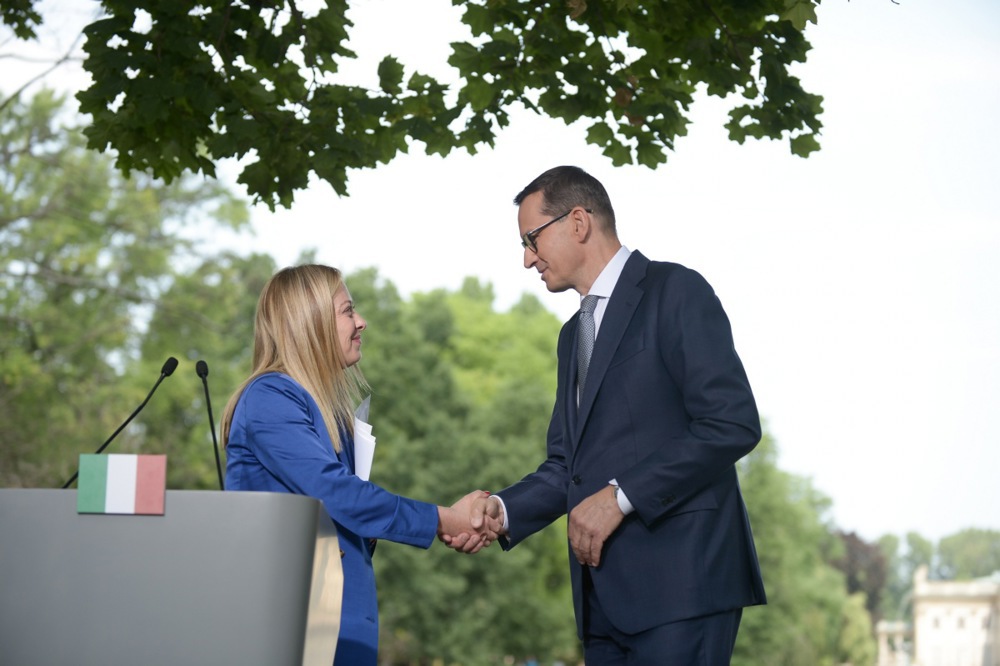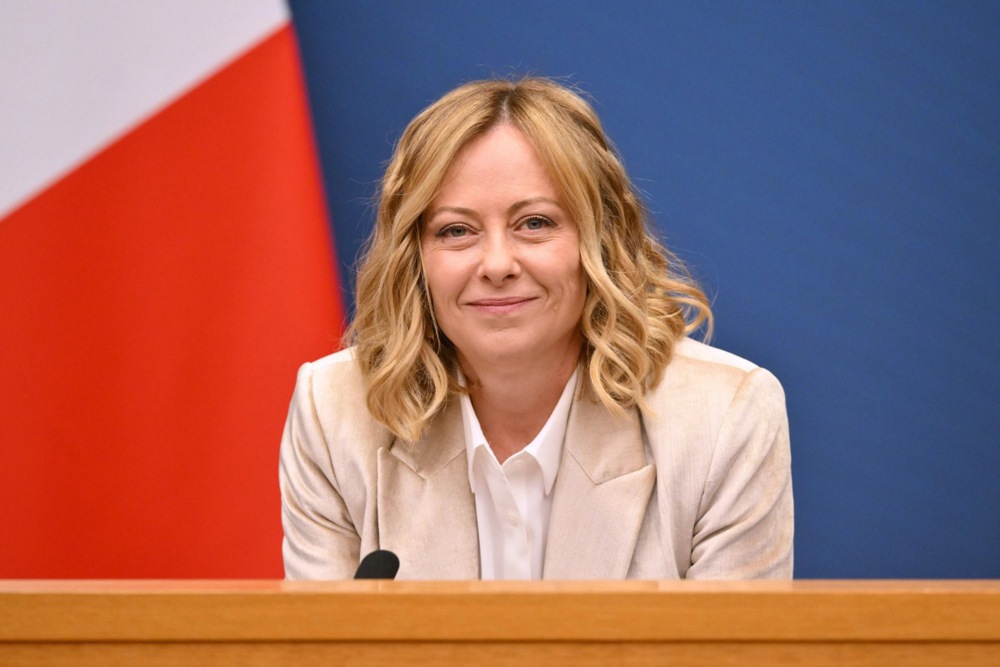No school in Italy would now be able to include a pupil in a workshop or educational programme on sexuality without the prior and explicit agreement of the student’s family. The requirement applied both to classroom activities and to extracurricular initiatives.
The rule came in following the government’s move at the end of April 2025, when Prime Minister Giorgia Meloni issued a decree requiring written parental consent for any school or extracurricular activity linked to sexuality.
The measure, announced after a cabinet meeting, was in line with the policy advocated by the right-wing Meloni, who prioritised family and traditional values.
The move was in response to persistent concerns regarding educational reform in the predominantly Catholic country, strongly influenced by the Vatican, where sex education is neither compulsory nor generalised.
According to a Save the Children study at the end of April this year, fewer than half of Italian teenagers had undertaken some form of sex education at school, a rate that dropped to 37 per cent in the country’s poorest southern regions, such as Sicily and Sardinia.
In addition, where such courses did exist, they were often limited to the purely biological aspect.
The latest decision sparked lively debate. Several associations and research centres denounced it as a brake on comprehensive sex education, claiming the measure risked reinforcing gender stereotypes and maintaining a patriarchal system, at a time when Italy was already facing major challenges in preventing gender-based violence.
Some experts also pointed to the possibility of the move increasing inequalities in access to information, particularly among the most reluctant families.





